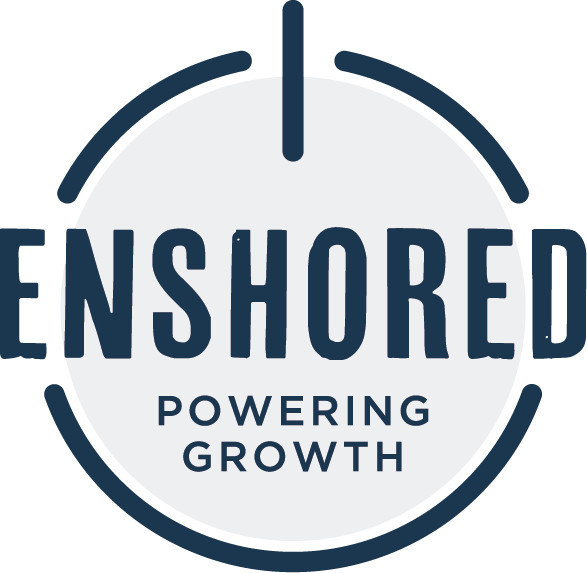Taking too long? Close loading screen.


Are you considering outsourcing for your business? If you are, then you are on the right track. This blog post will discuss what you need to consider, starting with your goals and finding the potential vendor.
Outsourcing is an effective tool for businesses of all sizes looking to reduce overhead while still getting access to the expertise they may not already have on staff. Before you decide to outsource a project, it’s vital to define your business goals and objectives clearly. Doing so will help ensure the selected vendor has the skills and experience necessary for that project.
Consider what tasks need to be accomplished, when you would like them finished, and the required level of quality. It would help if you based your decision on the best vendor to meet those criteria.
Moreover, discuss potential risks associated with outsourcing and develop strategies for mitigating those risks before signing any contract. Doing so helps ensure that you can get maximum return on investment from whatever project is outsourced and achieve better overall results than if it had been kept in-house.
When outsourcing a service or project, preparing in advance is the best way to ensure maximum efficiency and cost savings. An effective plan should consider the following:
Any communication between yourself and the outsourced contractor must be detailed so that each party is on the same page regarding expectations. Stay updated by scheduling frequent check-ins with your contractor throughout the process.
Companies often don’t realize the full cost of working with an outside provider until it’s too late. Costs can include paying more for services than anticipated, extra fees for implementation or customization of software, and missing out on the value of an internal team who is intimately familiar with their products and services.
Companies must also factor in hidden costs, such as onboarding new employees if it doesn’t work out or missing out on quality control due to language barriers between service providers and customers.
It may be worth the cost, but before signing any contracts, make sure all expected expenses are accounted for so your company isn’t stuck paying more than necessary down the line.
Outsourcing is a common practice that involves hiring a third-party provider to complete tasks or provide services. For businesses, it can help to lighten the load and free up valuable resources for other projects. On the other hand, it also brings with it certain risks.
Before deciding whether it is the right choice for their organization, business leaders should consider both the benefits and drawbacks of this approach, depending on the type of organization and its needs.
In weighing the pros and cons, some difficult decisions must be made – but done thoughtfully, they can make all the difference between success and failure in today’s competitive market.
It’s crucial to do your due diligence and research potential, vendors. Begin by asking about the vendors’ backgrounds, such as their years in business and experience in the specific field they have expertise. It’s also a good idea to read online reviews, talk to others who have used them in the past, and look at samples of their work.
Next, find out what services they offer and ensure they suit your needs. Consider how easy they are to communicate with—you will want to work with someone punctual, clear, and responsive.
Finally, decide if their prices fit into your budget and if they provide any additional services.
Outsourcing can help a business succeed and grow, but it’s important to remember that not all vendors are created equal. Taking the time to prepare your business is essential before committing to any service agreements. Doing so will help ensure you choose the best partner for your needs.
Anticipating growth?
Access the tools, tech & team you need to scale globally.

Serious about scaling?
One call is all it takes to know if we’re a fit.
© 2024 Enshored · Privacy · GDPR · California · Cookies